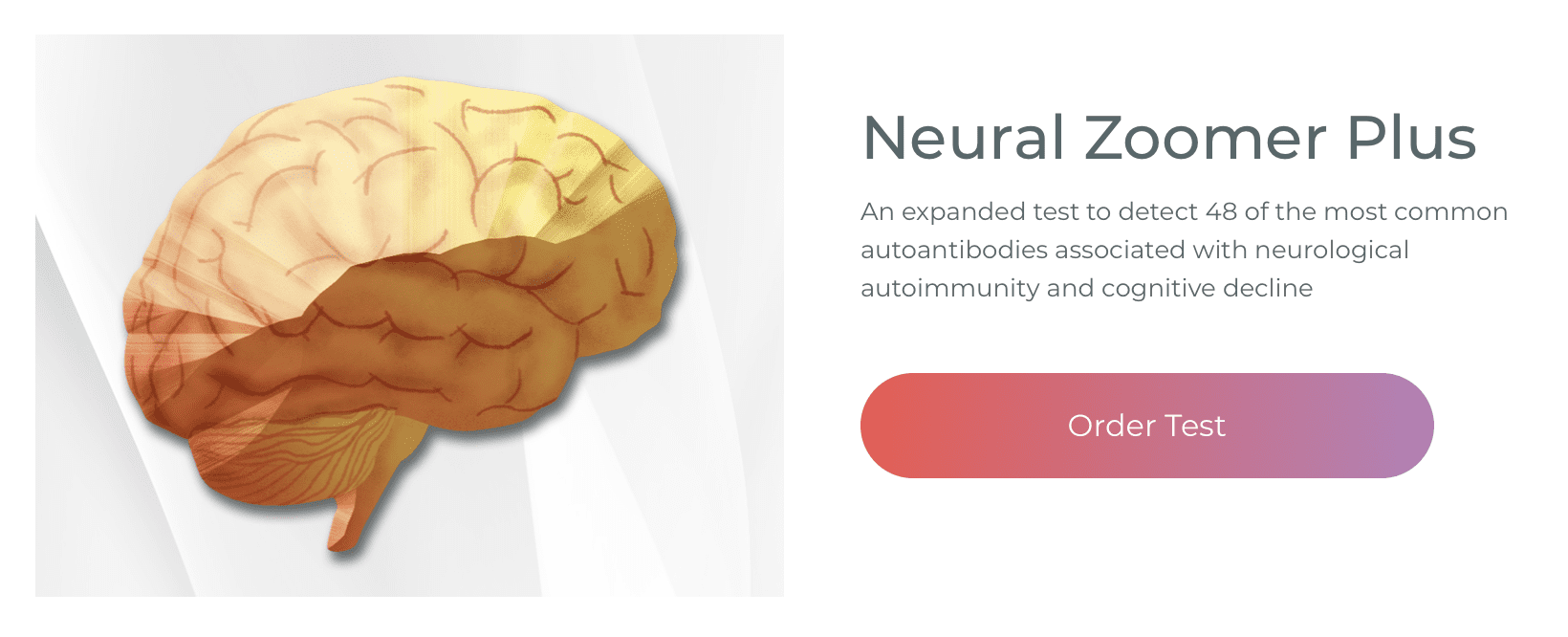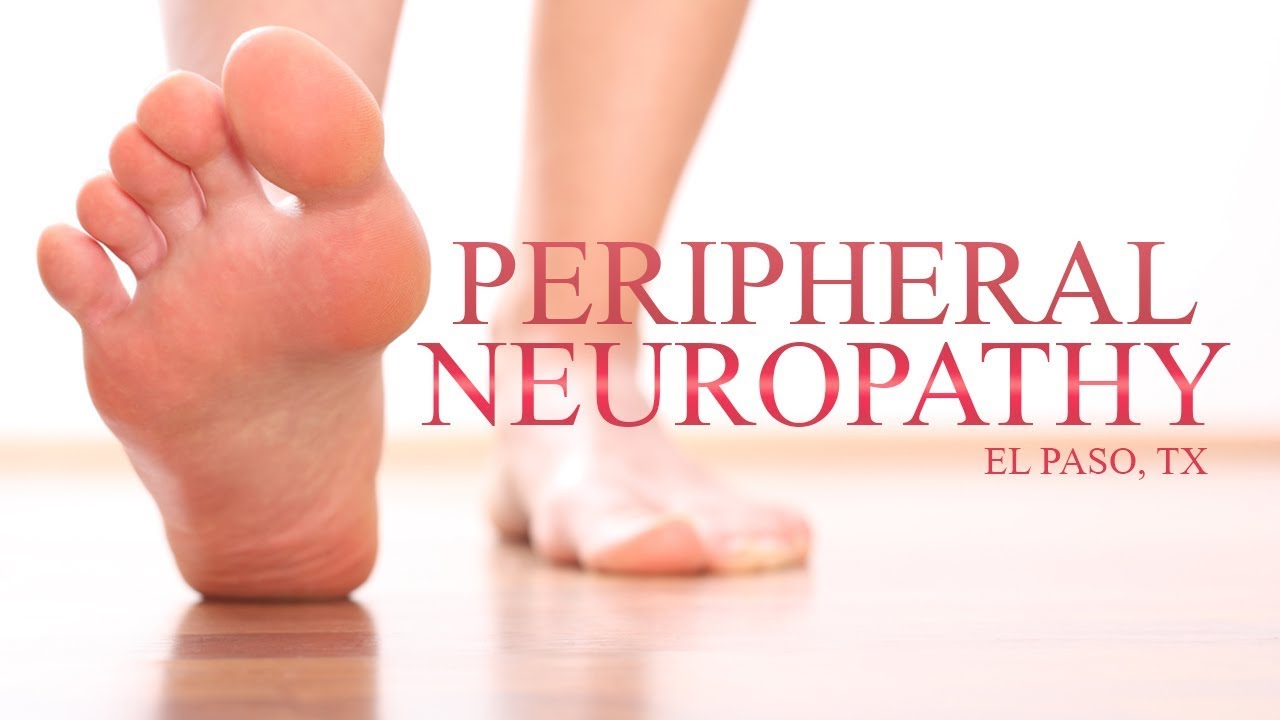Obesity Can Change How You Look and Feel
Recent research studies demonstrated that obesity can affect brain health. Ranjana Mehta, an assistant professor of environmental and occupational health at the Texas A&M Health Science Center School of Public Health in College Station, Texas discussed how obesity doesn’t simply affect how you look and feel, it can affect your mental and physical health as well as cause a variety of brain health issues. Ranjana Mehta, who received funding from the National Institute on Aging to evaluate how obesity can affect brain health in older adults determined that obesity can affect brain structure and cause atrophy.Obesity Can Alter the Way You Move
People with obesity have to carry extra weight that can add stress and pressure on the joints, ultimately altering movement. Scientists utilized imaging methods and techniques to demonstrate how people with obesity often have to utilize more mental resources when walking, although they were still able to walk as well as healthy people. Moreover, research studies found that stress and pressure from carrying extra weight affected brain activity in people with obesity compared to healthy people. The additional mental burden associated with obesity may also cause individuals to become tired more quickly.Obesity Can Influence Your Memory
Obesity is associated with poor memory, often making it difficult to remember past events in young adults between 18 to 35 years of age, according to a research study published in the Quarterly Journal of Experimental Psychology. Further evidence also suggests that people with obesity experience memories in slightly less detail and/or less vividly compared to healthy people. Lucy Cheke, lead researcher and a lecturer in the department of psychology at the University of Cambridge in England discussed that memory can play a fundamental role in regulating what we eat and how we lose weight.Obesity Can Lead to Dementia and Alzheimer’s Disease
Other research studies demonstrated that obesity in people during their 40s, 50s, and even early 60s is associated with an increased risk of developing dementia and Alzheimer’s disease. According to Heather Snyder, senior director of medical and scientific operations at the Alzheimer’s Association, mid-life obesity is connected with an increased risk of developing dementia and Alzheimer’s disease over time with age. Scientists still don’t understand how obesity can cause dementia and Alzheimer’s disease, however, obesity can ultimately affect heart health which can play a fundamental role in brain health.Obesity Can Cause Depression
As previously mentioned, obesity can ultimately affect mental and physical health. Dr. Susan McElroy, chief research officer at the Lindner Center of HOPE, a private psychiatric facility in Mason, Ohio, who has also evaluated the connection between obesity and mental health issues described that obesity can cause depression. Scientists believe that just like obesity can cause major depression, it may also cause bipolar disorder. Furthermore, scientists believe that depression itself may, in turn, also cause obesity. McElroy suggests that obesity and depression both need to be addressed to make progress.Obesity Can Rewire the Pleasure-and-Reward Center
In a research study published in the Journal of Neuroscience, a region of the brain, known as the striatum, was demonstrated to be less active in people with obesity. The striatum plays a fundamental role in controlling the pleasure-and-reward center in the brain associated with the release of the neurotransmitter or chemical messenger known as dopamine. The release of dopamine we get from eating certain foods, such as foods that are high in sugars and fats, can have a dulling effect in people with obesity which scientists believe can cause a person to overeat to regain that fleeting sense of pleasure.
Research studies demonstrated that obesity may ultimately affect the brain. By way of instance, a recent research study found a connection between smaller brain size and lower gray matter volume associated with obesity. According to the research studies, people with obesity also had white matter volume changes in various brain regions. Several other research studies have also found further evidence showing the connection between obesity and brain health. In the following article, we will ultimately discuss how obesity can affect brain health, from changing how you look and feel to causing depression. – Dr. Alex Jimenez D.C., C.C.S.T. Insight
The scope of our information is limited to chiropractic, musculoskeletal, and nervous health issues or functional medicine articles, topics, and discussions. We use functional health protocols to treat injuries or disorders of the musculoskeletal system. Our office has made a reasonable attempt to provide supportive citations and has identified the relevant research study or studies supporting our posts. We also make copies of supporting research studies available to the board and or the public upon request. To further discuss the subject matter above, please feel free to ask Dr. Alex Jimenez or contact us at 915-850-0900.Â
Curated by Dr. Alex Jimenez References:- Sandoiu, Ana. “How Might Obesity Affect the Brain?†Medical News Today, MediLexicon International, 27 Apr. 2019, www.medicalnewstoday.com/articles/325054.php#1.
- Wlassoff, Viatcheslav. “How Obesity Affects the Human Brain.†World of Psychology, World of Psychology Media, 8 July 2018, psychcentral.com/blog/how-obesity-affects-the-human-brain/.
- Schroeder, Michael O. “6 Ways Obesity Can Weigh on the Brain.†U.S. News & World Report, U.S. News & World Report, 12 May 2016, health.usnews.com/wellness/slideshows/6-ways-obesity-can-weigh-on-the-brain.
Neurotransmitter Assessment Form
The following Neurotransmitter Assessment Form can be filled out and presented to Dr. Alex Jimenez. The following symptoms listed on this form are not intended to be utilized as a diagnosis of any type of disease, condition, or any other type of health issue.Additional Topic Discussion: Chronic Pain
Sudden pain is a natural response of the nervous system which helps to demonstrate possible injury. By way of instance, pain signals travel from an injured region through the nerves and spinal cord to the brain. Pain is generally less severe as the injury heals, however, chronic pain is different than the average type of pain. With chronic pain, the human body will continue sending pain signals to the brain, regardless if the injury has healed. Chronic pain can last for several weeks to even several years. Chronic pain can tremendously affect a patient’s mobility and it can reduce flexibility, strength, and endurance.Neural Zoomer Plus for Neurological Disease
 Dr. Alex Jimenez utilizes a series of tests to help evaluate neurological diseases. The Neural ZoomerTM Plus is an array of neurological autoantibodies which offers specific antibody-to-antigen recognition. The Vibrant Neural ZoomerTM Plus is designed to assess an individual’s reactivity to 48 neurological antigens with connections to a variety of neurologically related diseases. The Vibrant Neural ZoomerTM Plus aims to reduce neurological conditions by empowering patients and physicians with a vital resource for early risk detection and an enhanced focus on personalized primary prevention.
Dr. Alex Jimenez utilizes a series of tests to help evaluate neurological diseases. The Neural ZoomerTM Plus is an array of neurological autoantibodies which offers specific antibody-to-antigen recognition. The Vibrant Neural ZoomerTM Plus is designed to assess an individual’s reactivity to 48 neurological antigens with connections to a variety of neurologically related diseases. The Vibrant Neural ZoomerTM Plus aims to reduce neurological conditions by empowering patients and physicians with a vital resource for early risk detection and an enhanced focus on personalized primary prevention.
Food Sensitivity for the IgG & IgA Immune Response
 Dr. Alex Jimenez utilizes a series of tests to help evaluate health issues associated with a variety of food sensitivities and intolerances. The Food Sensitivity ZoomerTM is an array of 180 commonly consumed food antigens that offers very specific antibody-to-antigen recognition. This panel measures an individual’s IgG and IgA sensitivity to food antigens. Being able to test IgA antibodies provides additional information to foods that may be causing mucosal damage. Additionally, this test is ideal for patients who might be suffering from delayed reactions to certain foods. Utilizing an antibody-based food sensitivity test can help prioritize the necessary foods to eliminate and create a customized diet plan around the patient’s specific needs.
Dr. Alex Jimenez utilizes a series of tests to help evaluate health issues associated with a variety of food sensitivities and intolerances. The Food Sensitivity ZoomerTM is an array of 180 commonly consumed food antigens that offers very specific antibody-to-antigen recognition. This panel measures an individual’s IgG and IgA sensitivity to food antigens. Being able to test IgA antibodies provides additional information to foods that may be causing mucosal damage. Additionally, this test is ideal for patients who might be suffering from delayed reactions to certain foods. Utilizing an antibody-based food sensitivity test can help prioritize the necessary foods to eliminate and create a customized diet plan around the patient’s specific needs.
Gut Zoomer for Small Intestinal Bacterial Overgrowth (SIBO)
 Dr. Alex Jimenez utilizes a series of tests to help evaluate gut health associated with small intestinal bacterial overgrowth (SIBO). The Vibrant Gut ZoomerTM offers a report that includes dietary recommendations and other natural supplementation like prebiotics, probiotics, and polyphenols. The gut microbiome is mainly found in the large intestine and it has more than 1000 species of bacteria that play a fundamental role in the human body, from shaping the immune system and affecting the metabolism of nutrients to strengthening the intestinal mucosal barrier (gut-barrier). It is essential to understand how the number of bacteria that symbiotically live in the human gastrointestinal (GI) tract influences gut health because imbalances in the gut microbiome may ultimately lead to gastrointestinal (GI) tract symptoms, skin conditions, autoimmune disorders, immune system imbalances, and multiple inflammatory disorders.
Dr. Alex Jimenez utilizes a series of tests to help evaluate gut health associated with small intestinal bacterial overgrowth (SIBO). The Vibrant Gut ZoomerTM offers a report that includes dietary recommendations and other natural supplementation like prebiotics, probiotics, and polyphenols. The gut microbiome is mainly found in the large intestine and it has more than 1000 species of bacteria that play a fundamental role in the human body, from shaping the immune system and affecting the metabolism of nutrients to strengthening the intestinal mucosal barrier (gut-barrier). It is essential to understand how the number of bacteria that symbiotically live in the human gastrointestinal (GI) tract influences gut health because imbalances in the gut microbiome may ultimately lead to gastrointestinal (GI) tract symptoms, skin conditions, autoimmune disorders, immune system imbalances, and multiple inflammatory disorders.


Formulas for Methylation Support
 XYMOGEN’s Exclusive Professional Formulas are available through select licensed health care professionals. The internet sale and discounting of XYMOGEN formulas are strictly prohibited.
Proudly, Dr. Alexander Jimenez makes XYMOGEN formulas available only to patients under our care.
Please call our office in order for us to assign a doctor consultation for immediate access.
If you are a patient of Injury Medical & Chiropractic Clinic, you may inquire about XYMOGEN by calling 915-850-0900.
XYMOGEN’s Exclusive Professional Formulas are available through select licensed health care professionals. The internet sale and discounting of XYMOGEN formulas are strictly prohibited.
Proudly, Dr. Alexander Jimenez makes XYMOGEN formulas available only to patients under our care.
Please call our office in order for us to assign a doctor consultation for immediate access.
If you are a patient of Injury Medical & Chiropractic Clinic, you may inquire about XYMOGEN by calling 915-850-0900.
 For your convenience and review of the XYMOGEN products please review the following link. *XYMOGEN-Catalog-Download
* All of the above XYMOGEN policies remain strictly in force.
For your convenience and review of the XYMOGEN products please review the following link. *XYMOGEN-Catalog-Download
* All of the above XYMOGEN policies remain strictly in force.
Modern Integrated Medicine
The National University of Health Sciences is an institution that offers a variety of rewarding professions to attendees. Students can practice their passion for helping other people achieve overall health and wellness through the institution’s mission. The National University of Health Sciences prepares students to become leaders in the forefront of modern integrated medicine, including chiropractic care. Students have an opportunity to gain unparalleled experience at the National University of Health Sciences to help restore the natural integrity of the patient and define the future of modern integrated medicine.Post Disclaimers
Professional Scope of Practice *
The information herein on "Functional Neurology: How Obesity Can Affect Brain Health" is not intended to replace a one-on-one relationship with a qualified health care professional or licensed physician and is not medical advice. We encourage you to make healthcare decisions based on your research and partnership with a qualified healthcare professional.
Blog Information & Scope Discussions
Our information scope is limited to Chiropractic, musculoskeletal, physical medicines, wellness, contributing etiological viscerosomatic disturbances within clinical presentations, associated somatovisceral reflex clinical dynamics, subluxation complexes, sensitive health issues, and/or functional medicine articles, topics, and discussions.
We provide and present clinical collaboration with specialists from various disciplines. Each specialist is governed by their professional scope of practice and their jurisdiction of licensure. We use functional health & wellness protocols to treat and support care for the injuries or disorders of the musculoskeletal system.
Our videos, posts, topics, subjects, and insights cover clinical matters, issues, and topics that relate to and directly or indirectly support our clinical scope of practice.*
Our office has reasonably attempted to provide supportive citations and has identified the relevant research study or studies supporting our posts. We provide copies of supporting research studies available to regulatory boards and the public upon request.
We understand that we cover matters that require an additional explanation of how it may assist in a particular care plan or treatment protocol; therefore, to further discuss the subject matter above, please feel free to ask Dr. Alex Jimenez, DC, or contact us at 915-850-0900.
We are here to help you and your family.
Blessings
Dr. Alex Jimenez DC, MSACP, RN*, CCST, IFMCP*, CIFM*, ATN*
email: coach@elpasofunctionalmedicine.com
Licensed as a Doctor of Chiropractic (DC) in Texas & New Mexico*
Texas DC License # TX5807, New Mexico DC License # NM-DC2182
Licensed as a Registered Nurse (RN*) in Florida
Florida License RN License # RN9617241 (Control No. 3558029)
Compact Status: Multi-State License: Authorized to Practice in 40 States*
Presently Matriculated: ICHS: MSN* FNP (Family Nurse Practitioner Program)
Dr. Alex Jimenez DC, MSACP, RN* CIFM*, IFMCP*, ATN*, CCST
My Digital Business Card






 Again, I Welcome You.
Again, I Welcome You.
Comments are closed.